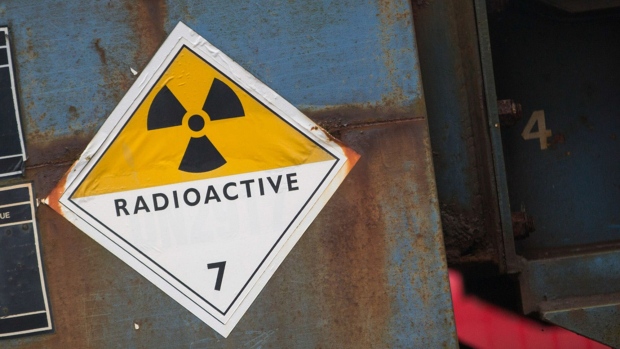Mar 30, 2023
Quake-Prone Indonesia Explores Sites for Nuclear Power Plants
, Bloomberg News

(Bloomberg) -- Indonesia is exploring two sites on which to develop its first nuclear power plants as part of the nation’s shift from coal.
The first is in West Kalimantan, near where the new capital city of Nusantara would be, due its low earthquake risk, local government support and electricity demand, said Dadan Kusdiana at the Energy and Mineral Resources Ministry. The second option is Bangka-Belitung islands for similar reasons.
“Nuclear is going to be a source of baseload power, the same class as geothermal and hydropower,” the director-general for new and renewable energy said in an interview in Jakarta. “Intermittent sources can grow first, but this clean baseload power will follow.”
The cleanest forms of renewable energy are often the most intermittent, like solar and wind, while geothermal, hydropower and nuclear plants carry higher environmental risks despite supplying steady energy throughout the day and all year long.
Long Preparation
Nuclear power is seeing a revival in Asia on soaring costs of natural gas and coal, which generate most of the region’s power. Japan and South Korea are removing anti-nuclear policies, while China and India are looking to build more reactors. Indonesian policymakers are pushing for a clean energy bill to pave the way for its first nuclear power plant by 2045.
US companies NuScale Power LLC and Fluor Corp along with Japan’s JGC Foundation will help Indonesia build a proposed 462-megawatt reactor in West Kalimantan. A unit of US-based ThorCon has sent in a consultation paper to local authorities as part of a licensing process for a nuclear reactor, while Russia’s Rosatom State Corp has offered to build a floating plant.
The earliest commercial-scale nuclear reactor will likely start operating only in 2039, said Kusdiana. “Other than the long preparation, there needs to be a big demand,” he added.
©2023 Bloomberg L.P.







